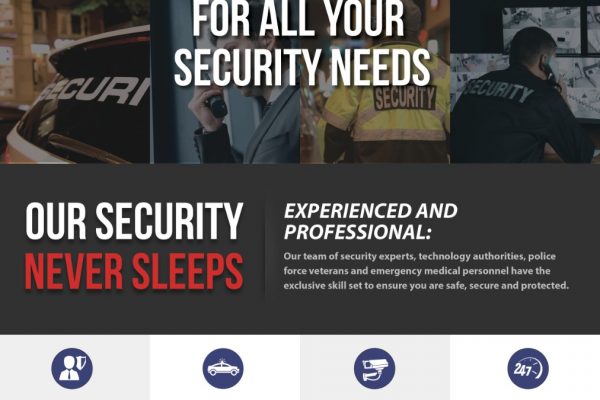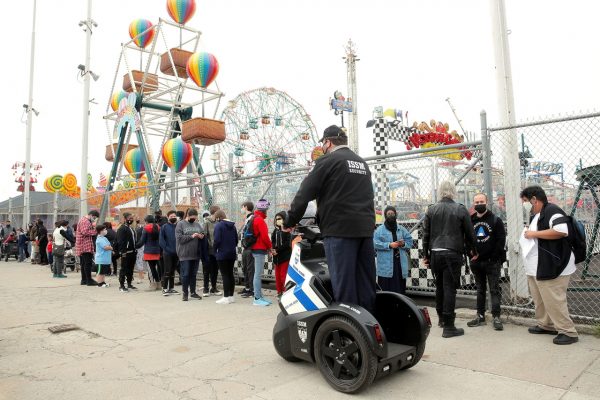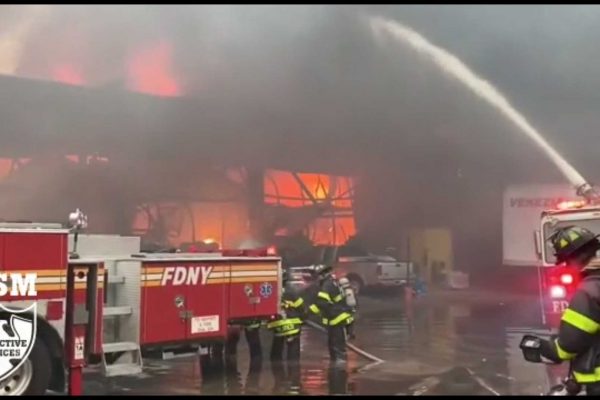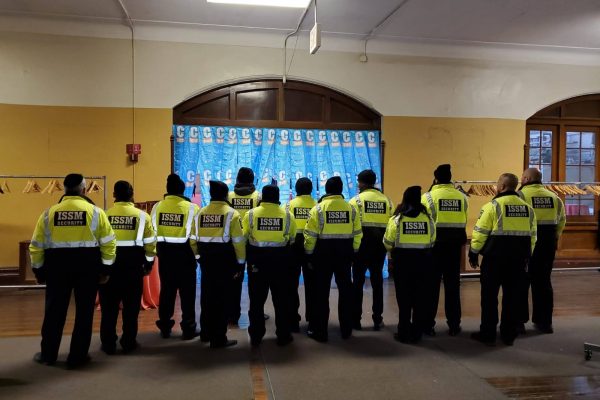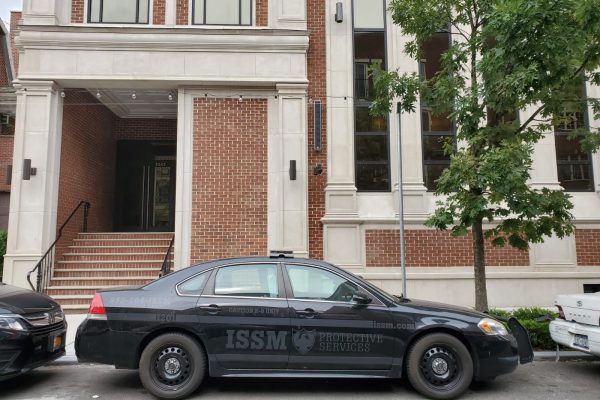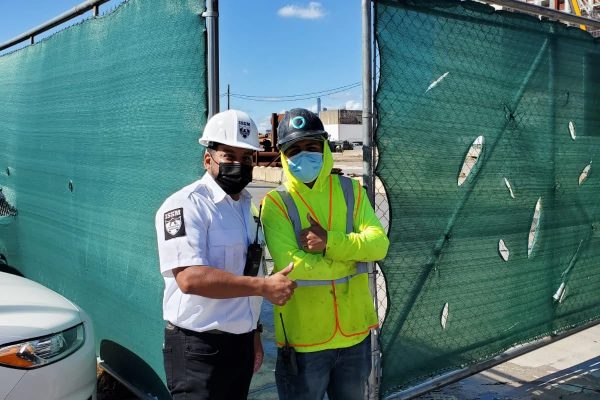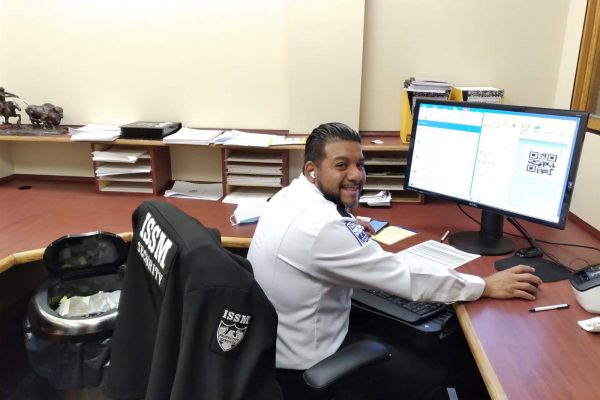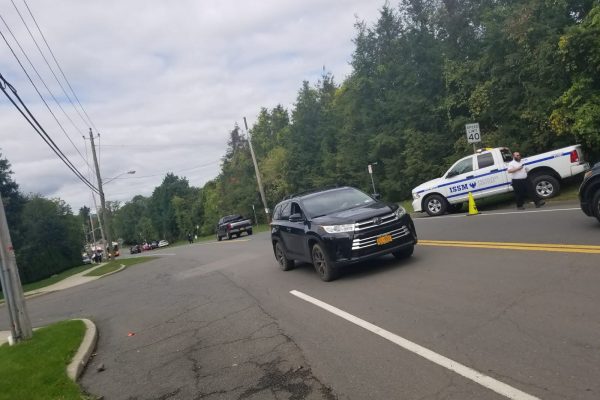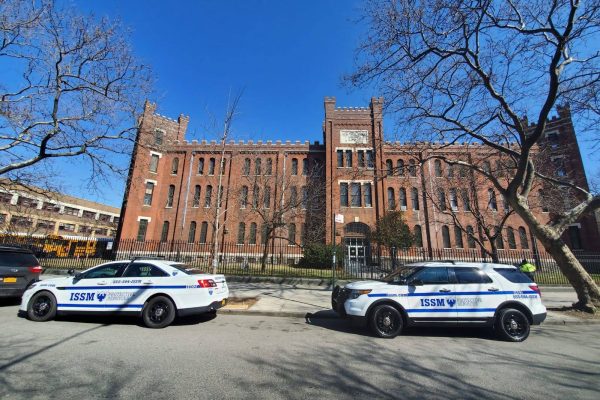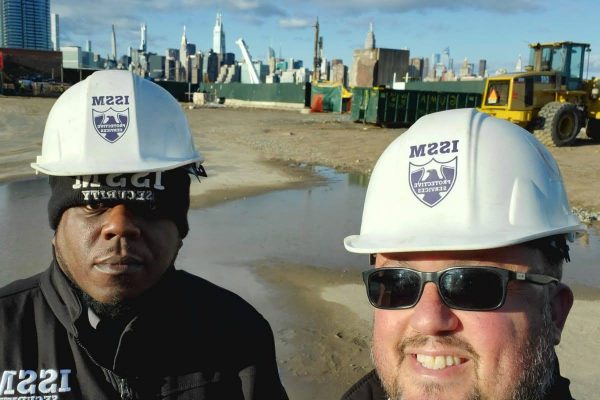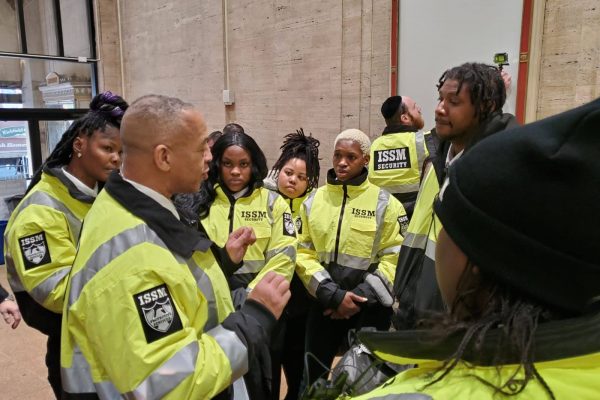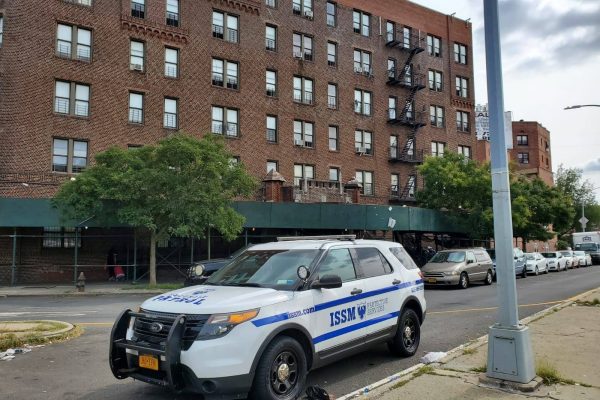The right to protest is constitutional. At the same time, in order to preserve order and crowd control, local restrictions are placed on gatherings of large groups. Permits are often required, and the police are called upon for guardianship. The reason a protest needs protection is to prevent it from becoming dangerously overcrowded, inciting, or worse – escalating to violent rioting. Throughout US history, rioting has caused death and destruction in both urban and suburban neighborhoods, and for this reason authorities put security protective measures into place for protests.
With the recent Ferguson riots fresh in our minds, individuals, building managers, and business owners are wondering what they can do to prevent or handle a riot in their midst. One of the most successful ways to be prepared for security against riots is to look into taking private security measures.
Here are the top ways private security guards assist in both protest and riot scenarios.
1) Planning ahead. Whether or not a protest is on the horizon, certain locales are at higher risk for rioting. Given this, private security leadership can be involved in setting up a plan for your home, building, or business to be prepared for a possible riot.
2) Deterrent. Seeing private security guards patrolling, standing in the entranceway, or lurking obviously by the till can impede a rioter from attacking where he might get strong resistance, or even harmed in defense.
3) Being on alert. Private security guards are trained to recognize when a protest might result in a riot. For example, as Edward Maggio states in his book, Private Security in the 21st Century: Concepts and Applications (2014), riots often occur when “crowd members start to lose their individuality and start to function as one unit, united by the actions of leading aggressors.” Private security teams can work together, reporting suspicions to each other in anticipation of possibly needing to take action.
4) First line of defense. Should a riot ensue, private security teams are already in place to handle initial violence. The police cannot always control the entire crowd, nor get there in enough time to prevent every violent incident. By the time the police gain full control, your personal or business property may have incurred considerable damage.
4) Liaison with the police. Police often benefit by the firsthand security measures, and later testimony, of private security personnel. By having your own private security team, you will be helping not only yourself but perhaps even the greater community as well.
No one wants to be stuck in the middle of a riot, and certainly not to be the victim of any of the rioters’ ill doings. In order to manage potential threats of violence, consider the benefits of private security personnel. Even if no riots occur, you will have added guards for preventing or handling any other security needs that might arise.

